Profiles
Recent articles
Portraits of scientists who are making a mark on neuroscience
The Transmitter ’s Rising Stars of Neuroscience 2025
We recognize the outstanding achievements of 25 neuroscientists who stand to shape the field for years to come.

The Transmitter ’s Rising Stars of Neuroscience 2025
We recognize the outstanding achievements of 25 neuroscientists who stand to shape the field for years to come.
The Transmitter’s New Lab Directory
Learn about neuroscience labs launched in the past two years, plus a few opening their doors in 2026.
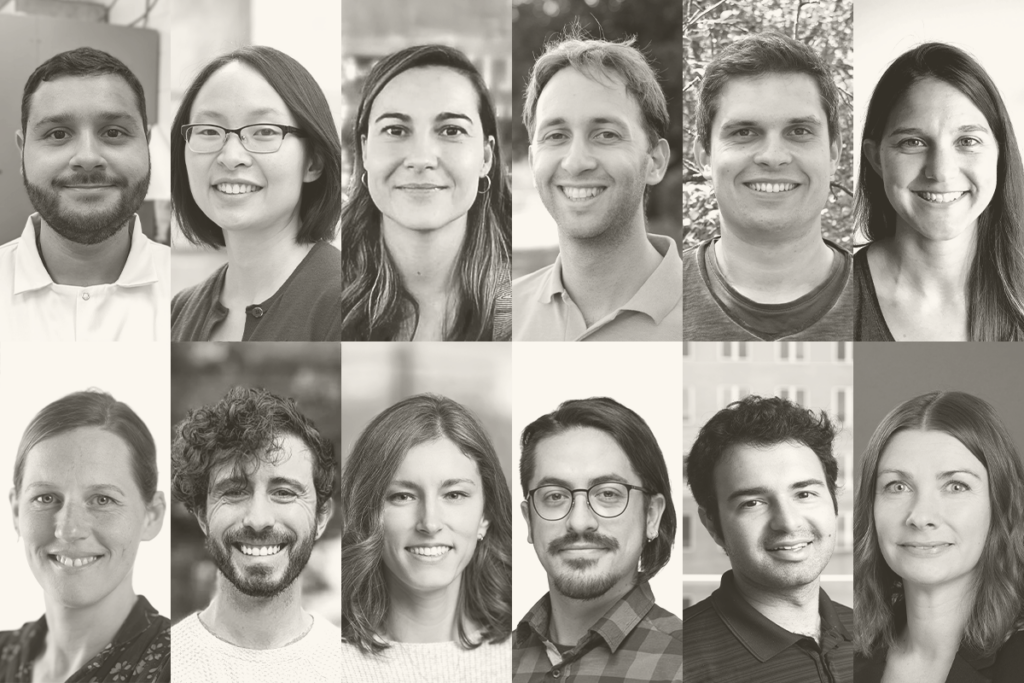
The Transmitter’s New Lab Directory
Learn about neuroscience labs launched in the past two years, plus a few opening their doors in 2026.
Diving in with Nachum Ulanovsky
With an eye toward realism, the neuroscientist, who has a new study about bats out today, creates microcosms of the natural world to understand animal behavior.
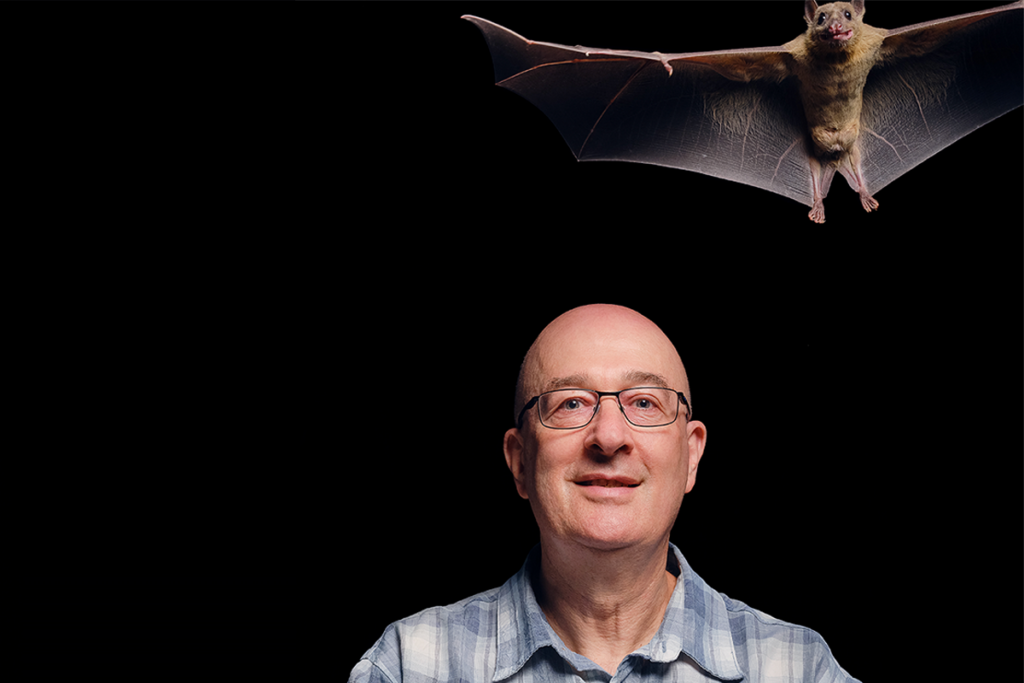
Diving in with Nachum Ulanovsky
With an eye toward realism, the neuroscientist, who has a new study about bats out today, creates microcosms of the natural world to understand animal behavior.
Exclusive: Who is Richard Frye, the neurologist who researches and advocates for leucovorin as an autism treatment?
Frye has led two placebo-controlled trials of the folate supplement in autistic people; the first was suspended by regulators, and the other has yet to be published.
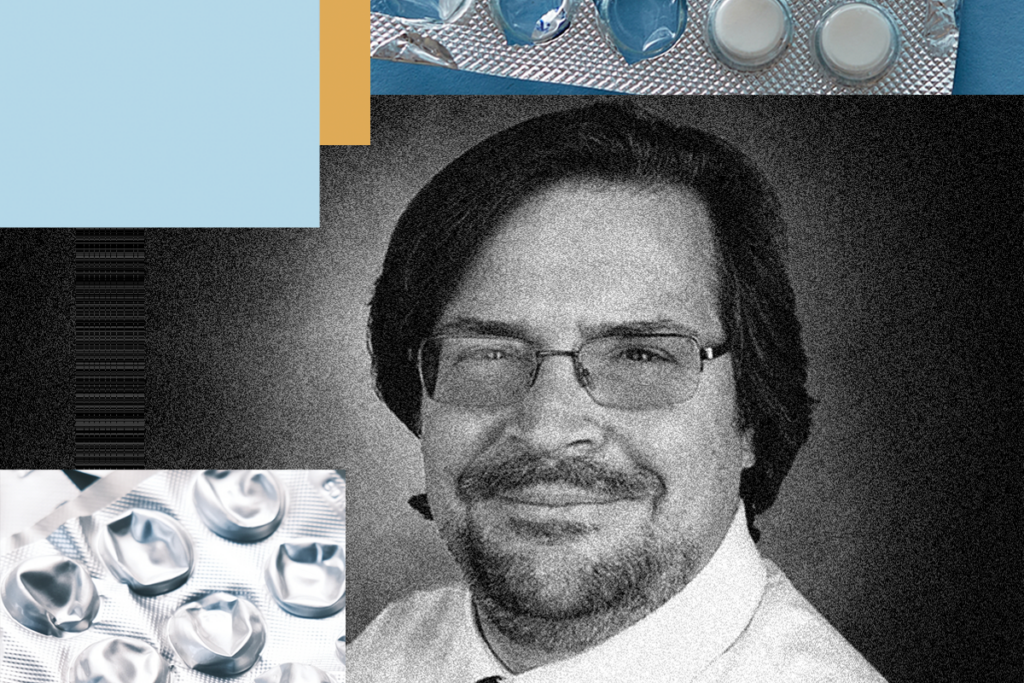
Exclusive: Who is Richard Frye, the neurologist who researches and advocates for leucovorin as an autism treatment?
Frye has led two placebo-controlled trials of the folate supplement in autistic people; the first was suspended by regulators, and the other has yet to be published.
Up and out with Peggy Mason
Mason helped define the rodent prosocial behavior field, but now she’s changing course.
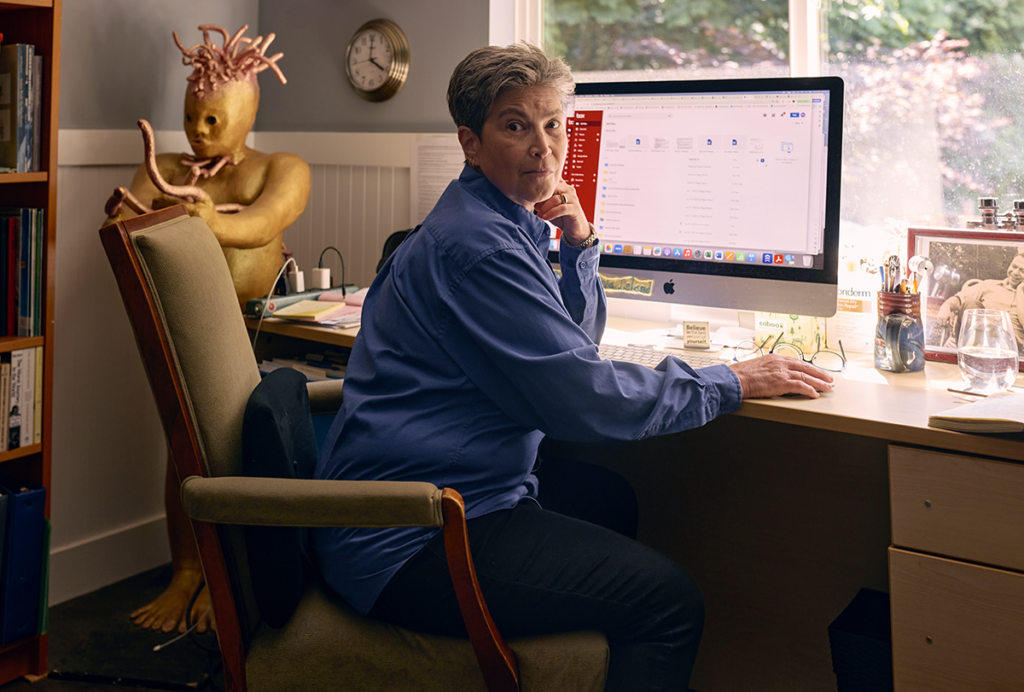
Up and out with Peggy Mason
Mason helped define the rodent prosocial behavior field, but now she’s changing course.
The big idea with Diego Bohórquez
His theories around the neuropod have challenged the boundaries of classic ideas regarding gut-brain communication.
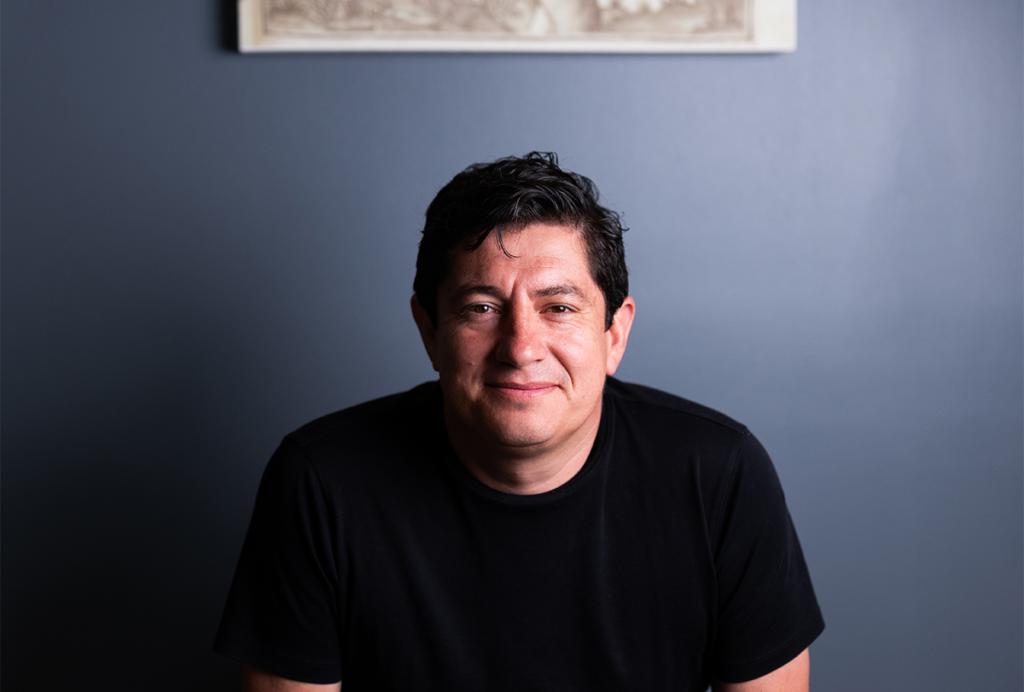
The big idea with Diego Bohórquez
His theories around the neuropod have challenged the boundaries of classic ideas regarding gut-brain communication.
Neuroscientist Gerry Fischbach, in his own words
In 2023, I had the privilege of sitting down with Gerry over the course of several days and listening as he told the story of his life and career—including stints as dean or director of such leading institutions as Columbia University and NINDS—so that we could record it for posterity.
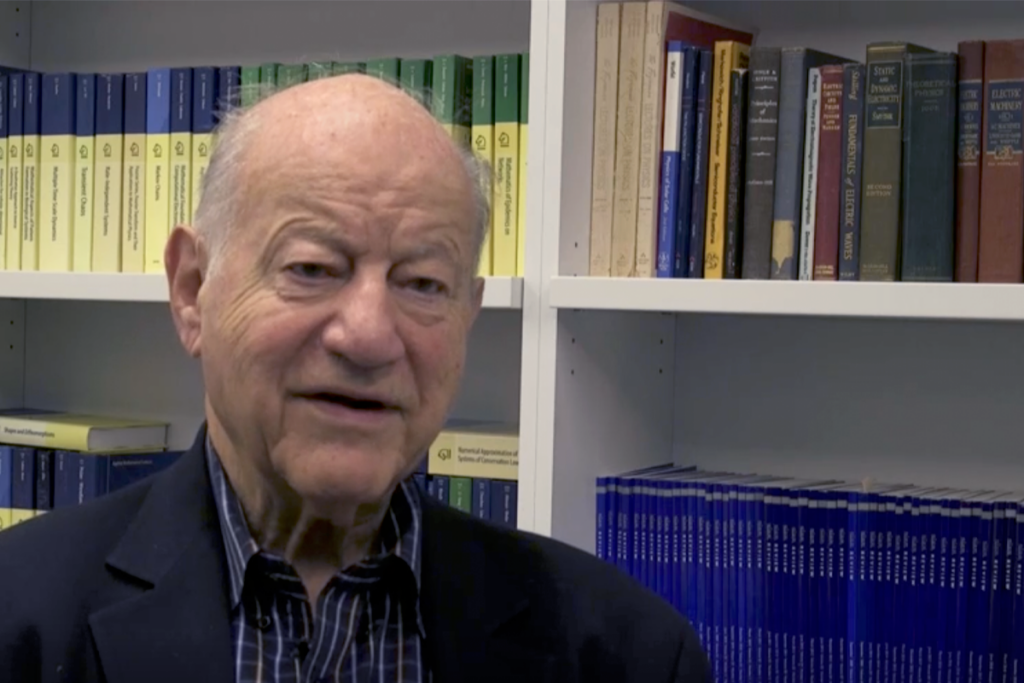
Neuroscientist Gerry Fischbach, in his own words
In 2023, I had the privilege of sitting down with Gerry over the course of several days and listening as he told the story of his life and career—including stints as dean or director of such leading institutions as Columbia University and NINDS—so that we could record it for posterity.
Amina Abubakar translates autism research and care for Kenya
First an educator and now an internationally recognized researcher, the Kenyan psychologist is changing autism science and services in sub-Saharan Africa.
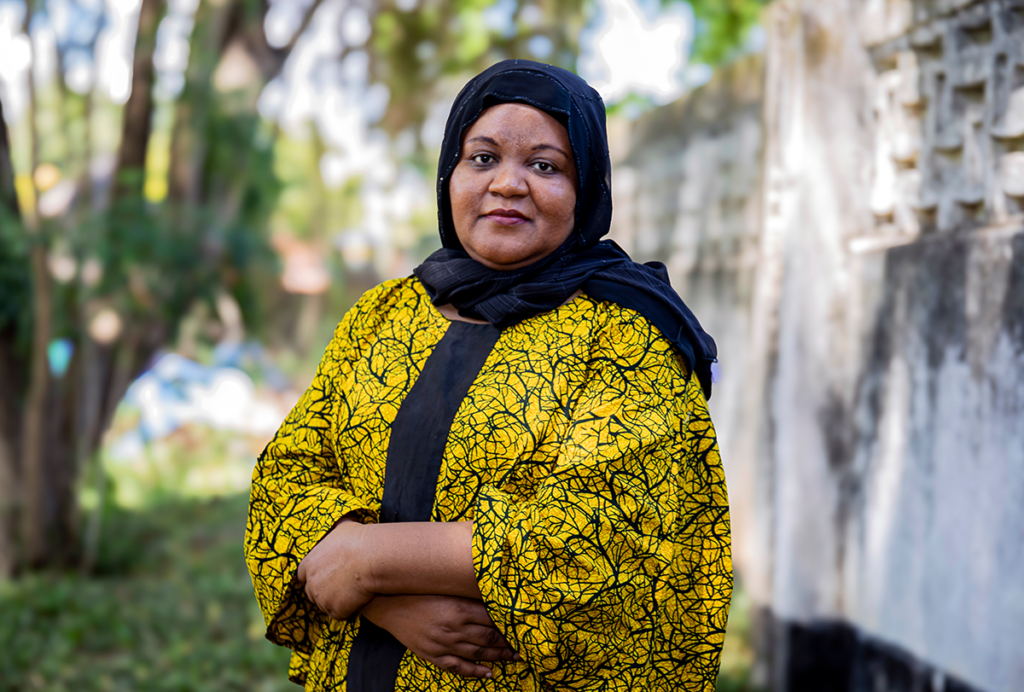
Amina Abubakar translates autism research and care for Kenya
First an educator and now an internationally recognized researcher, the Kenyan psychologist is changing autism science and services in sub-Saharan Africa.
How pragmatism and passion drive Fred Volkmar—even after retirement
Whether looking back at his career highlights or forward to his latest projects, the psychiatrist is committed to supporting autistic people at every age.
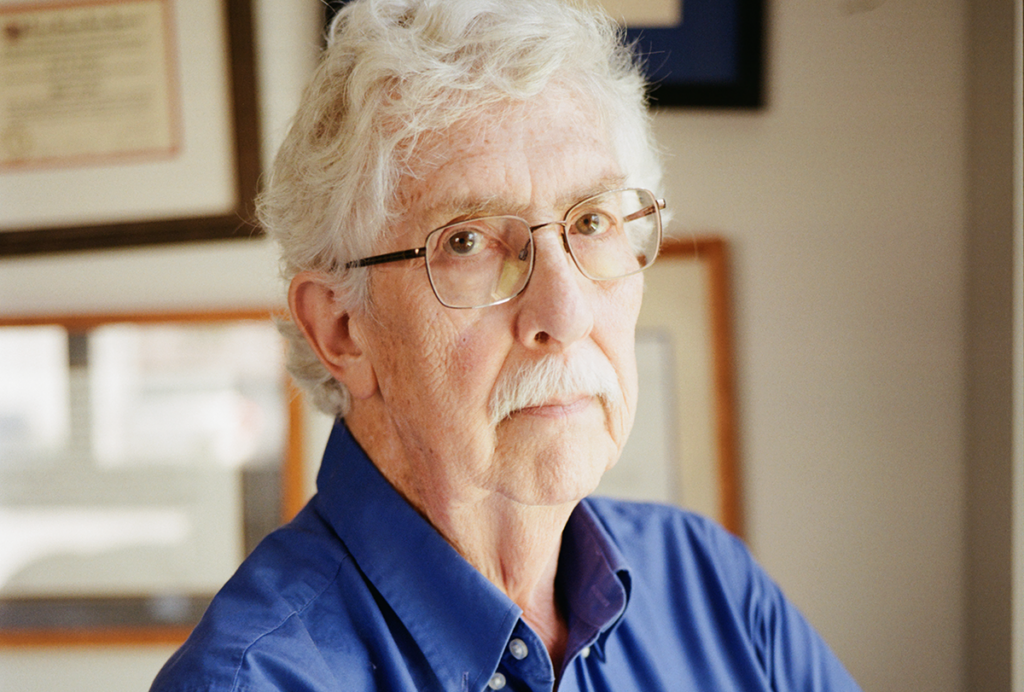
How pragmatism and passion drive Fred Volkmar—even after retirement
Whether looking back at his career highlights or forward to his latest projects, the psychiatrist is committed to supporting autistic people at every age.
Releasing the Hydra with Rafael Yuste
Losing HHMI Investigator status prompted Yuste to study neural networks in a new way.
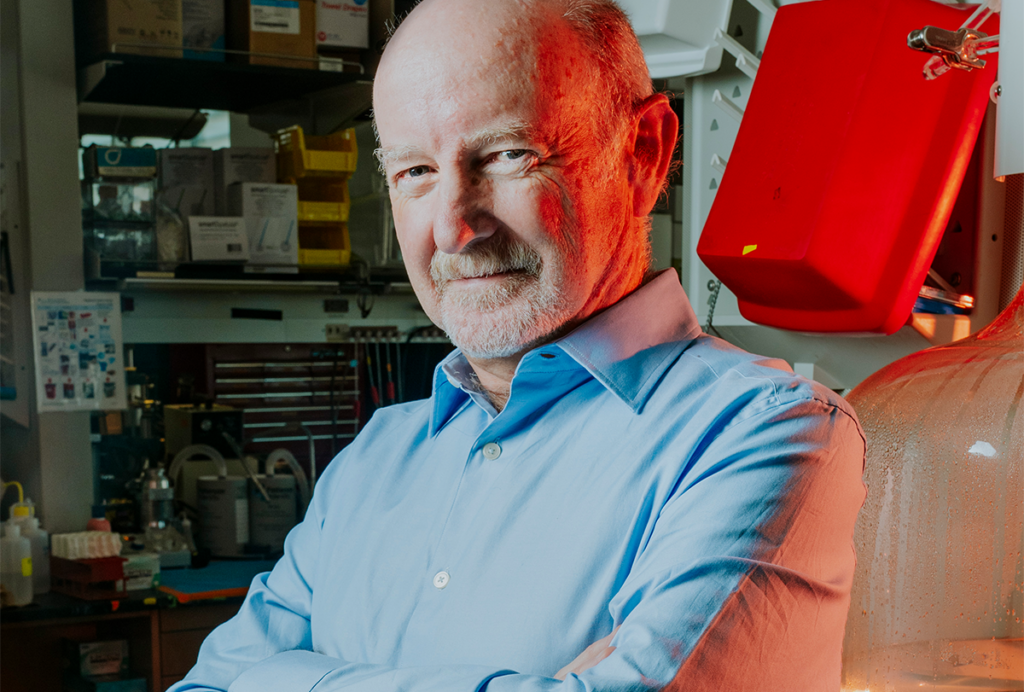
Releasing the Hydra with Rafael Yuste
Losing HHMI Investigator status prompted Yuste to study neural networks in a new way.
Explore more from The Transmitter
Psilocybin rewires specific mouse cortical networks in lasting ways
Neuronal activity induced by the psychedelic drug strengthens inputs from sensory brain areas and weakens cortico-cortical recurrent loops.
Psilocybin rewires specific mouse cortical networks in lasting ways
Neuronal activity induced by the psychedelic drug strengthens inputs from sensory brain areas and weakens cortico-cortical recurrent loops.
Home makeover helps rats better express themselves: Q&A with Raven Hickson and Peter Kind
The “Habitat”—a complex environment with space for large social groups—expands the behavioral repertoire of rodent models, Hickson and Kind say.
Home makeover helps rats better express themselves: Q&A with Raven Hickson and Peter Kind
The “Habitat”—a complex environment with space for large social groups—expands the behavioral repertoire of rodent models, Hickson and Kind say.
Tatiana Engel explains how to connect high-dimensional neural circuitry with low-dimensional cognitive functions
Neuroscientists have long sought to understand the relationship between structure and function in the vast connectivity and activity patterns in the brain. Engel discusses her modeling approach to discovering the hidden patterns that connect the two.
Tatiana Engel explains how to connect high-dimensional neural circuitry with low-dimensional cognitive functions
Neuroscientists have long sought to understand the relationship between structure and function in the vast connectivity and activity patterns in the brain. Engel discusses her modeling approach to discovering the hidden patterns that connect the two.